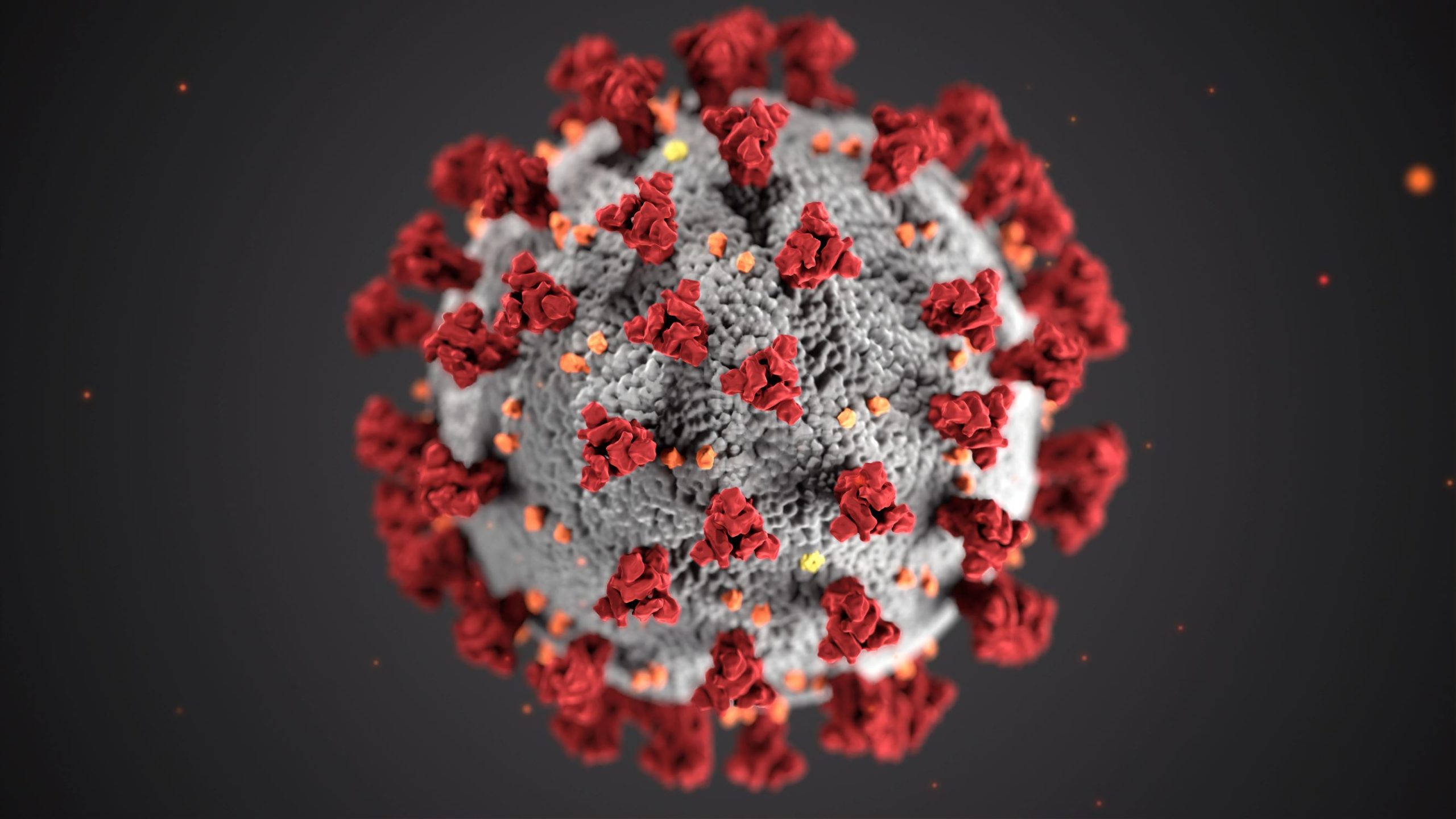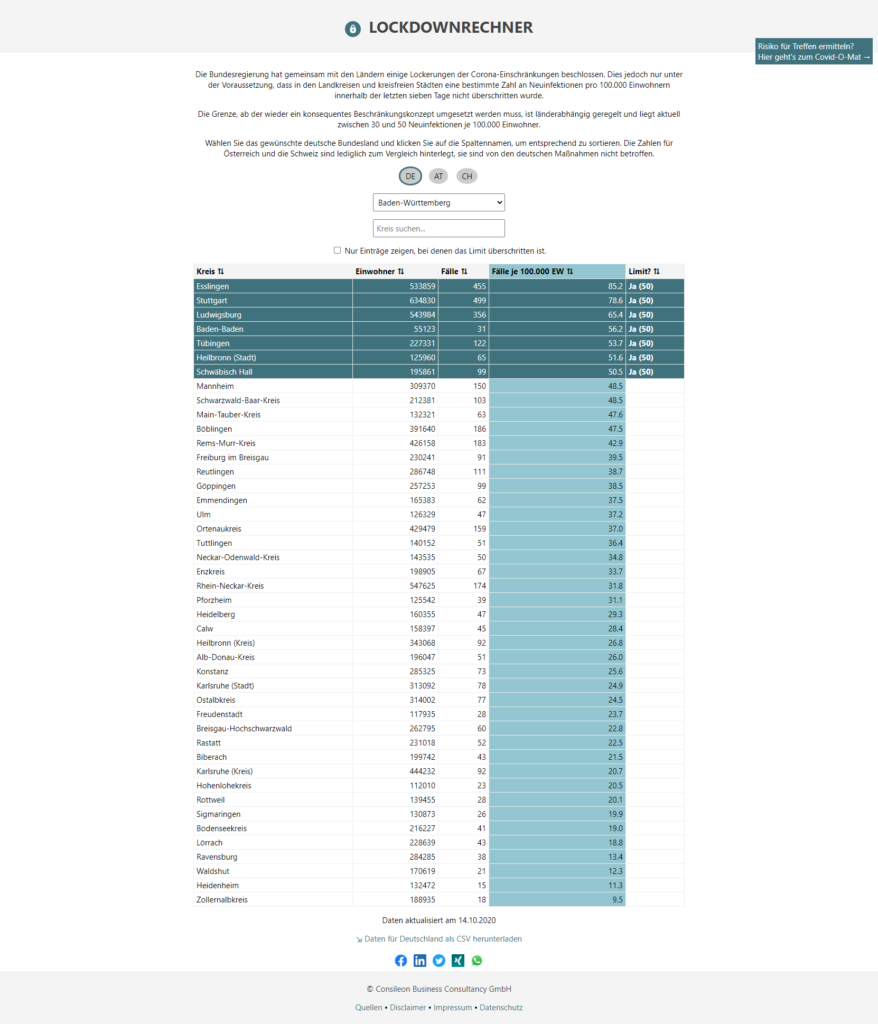
MiFIR-Review: Neue Herausforderungen und Chancen für Finanzinstitute
Für Finanzinstitute stellt MiFIR nicht nur eine regulatorische, sondern auch eine technologische Herausforderung dar, die Anpassungen in Prozessen, Datenstrukturen und IT-Systemen erfordert.





